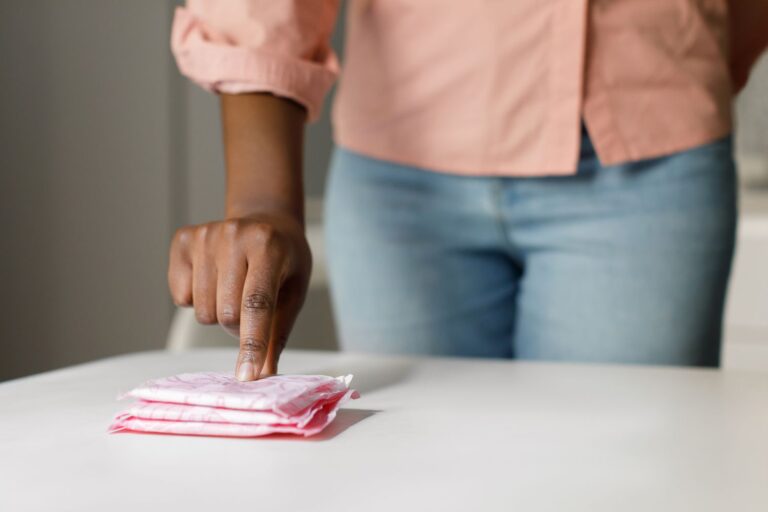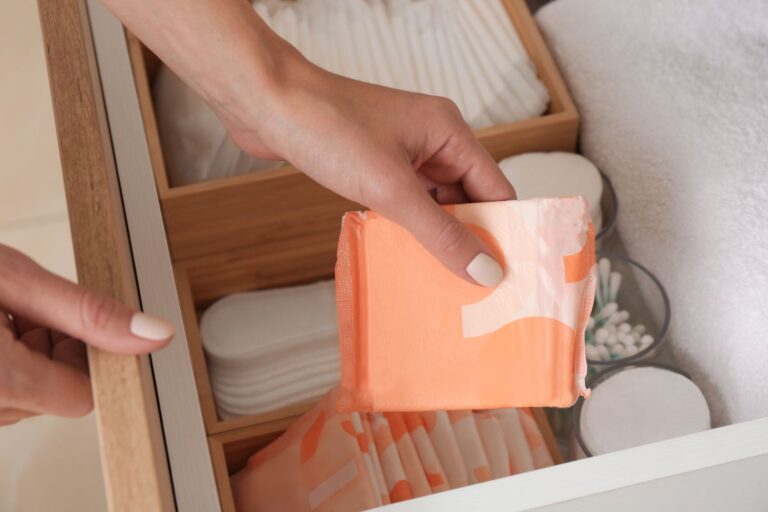Breast reduction surgery is a significant procedure that can bring immense relief from physical discomfort and boost self-confidence. However, it’s natural to have concerns, especially when you’re still sore 4 weeks after breast reduction. While it’s important to remember that recovery takes time, understanding why you might still be sore can help ease your worries. In this article, we’ll explore the common reasons for lingering soreness and offer tips to help you feel better.
Why Am I Still Sore 4 Weeks After Breast Reduction?
At 4 weeks post-surgery, your body is still healing. It’s common to feel soreness at this stage because your body is adjusting to the changes made during the surgery. The soreness could be due to several factors, including the healing of tissues, the presence of scar tissue, or the fact that your nerves are waking up after being disturbed during the procedure.
It’s important to understand that everyone heals at their own pace. While some people might feel completely fine after a few weeks, others might still experience discomfort. If you’re still sore 4 weeks after breast reduction, it doesn’t necessarily mean something is wrong—it might just be your body’s way of healing.
Understanding the Healing Process
The healing process after breast reduction surgery is gradual. During the first few weeks, your body works hard to repair itself. The first week usually involves significant swelling, bruising, and tenderness. By the second week, some of the swelling may start to go down, but the area can still be tender to the touch.
By the time you reach the fourth week, most of the bruising should have faded, but some swelling might still be present. The soreness you feel at this stage is likely due to the deeper tissues and nerves continuing to heal. This part of the healing process can take longer than the visible bruising or swelling to resolve.
Common Causes of Lingering Soreness
If you’re still sore 4 weeks after breast reduction, it could be due to several reasons. Here are some common causes:
- Nerve Regeneration: During surgery, nerves are often disturbed. As they regenerate, you might feel tingling, sharp pains, or a dull soreness. This is a sign that your nerves are waking up, which is a positive part of healing.
- Scar Tissue Formation: As your body heals, it forms scar tissue. This can cause tightness or discomfort in the area, contributing to lingering soreness.
- Inflammation: Even after the initial swelling has gone down, there might still be some inflammation deep in the tissues. This can cause the area to feel tender or sore.
- Strain on Healing Tissues: If you’ve returned to regular activities, you might unknowingly be putting strain on your healing tissues, leading to continued soreness.
- Individual Healing Time: Remember, everyone heals differently. Your body might simply need more time to fully recover.
When Should You Be Concerned?
While soreness is common, there are times when it’s important to consult your surgeon. If you experience any of the following symptoms, it’s a good idea to seek medical advice:
- Severe Pain: If the pain is intense and not improving, it could be a sign of a complication.
- Increased Swelling: If you notice new or worsening swelling, especially if it’s only on one side, it could indicate an issue.
- Redness and Heat: Redness, warmth, or heat in the area could be signs of infection.
- Fever: A fever might also indicate an infection and should be checked out by a doctor.
If you’re worried about being still sore 4 weeks after breast reduction, it’s always better to talk to your surgeon. They can assess your healing progress and provide reassurance or treatment if necessary.
Tips to Ease Soreness After Breast Reduction
Here are some tips that might help ease the soreness you’re experiencing:
- Take It Easy: Avoid strenuous activities that could strain your healing tissues. Rest is essential for recovery.
- Follow Your Surgeon’s Instructions: Make sure you’re following all post-op care instructions, including wearing your surgical bra as recommended.
- Use Ice Packs: If approved by your surgeon, applying ice packs can help reduce any lingering swelling and soothe soreness.
- Massage the Area: Gentle massage (once your surgeon gives the okay) can help reduce scar tissue formation and ease discomfort.
- Stay Hydrated: Drinking plenty of water helps your body heal faster and can reduce inflammation.
- Consider Over-the-Counter Pain Relief: If your soreness is mild to moderate, over-the-counter pain relievers like ibuprofen can help manage discomfort.
Your Emotional Well-Being Matters Too
It’s important to remember that recovery from surgery isn’t just about physical healing—it’s also about emotional well-being. It’s completely normal to feel a mix of emotions after surgery, especially if you’re still sore 4 weeks after breast reduction.
Give yourself permission to rest and take it easy. Lean on your support system, whether it’s family, friends, or online communities of people who have gone through similar experiences. Talking about your concerns and feelings can help you feel less alone.
What to Expect Moving Forward
As you continue to heal, the soreness should gradually decrease. By the 6 to 8-week mark, many people feel much more comfortable. However, it’s still possible to have some residual soreness, especially if you’re engaging in more activities.
Long-term, most people are very satisfied with the results of their breast reduction surgery, despite the initial discomfort during the healing process. If you’re still experiencing soreness or any other symptoms beyond this point, be sure to check in with your surgeon. They can provide guidance and ensure that your recovery is on track.
Conclusion
Being still sore 4 weeks after breast reduction is a common experience, and in most cases, it’s part of the normal healing process. Your body is adjusting to the changes and working hard to heal. By understanding the reasons for your soreness and following the tips provided, you can support your recovery and feel better sooner. Remember, if you’re ever in doubt, it’s always okay to reach out to your surgeon for reassurance and advice.













